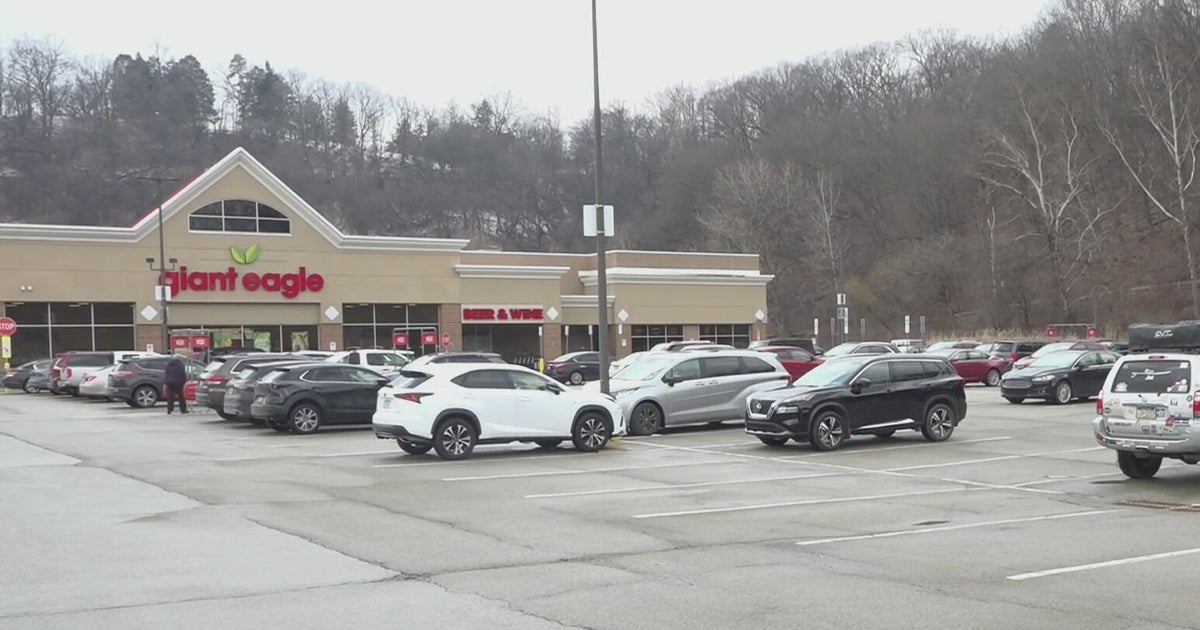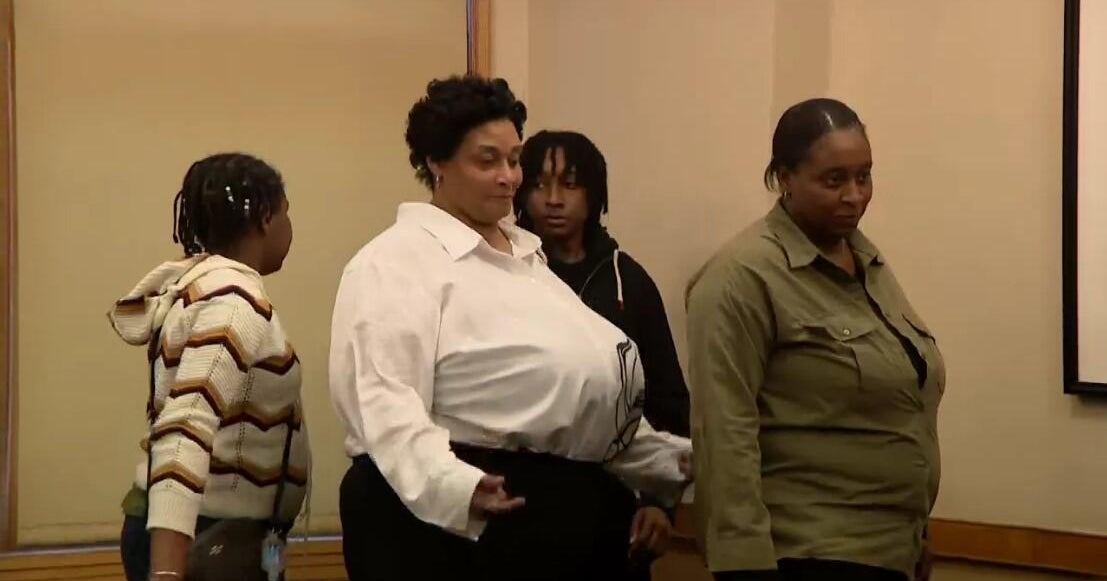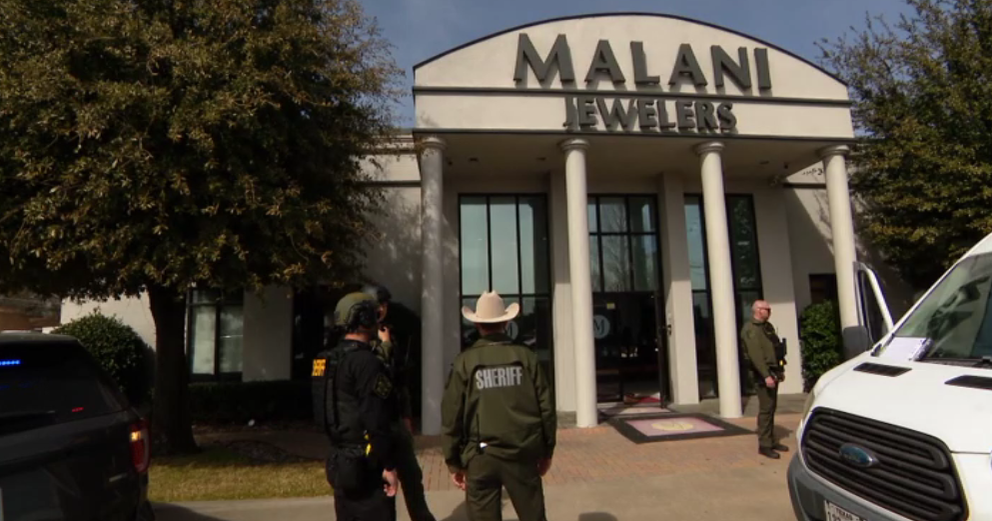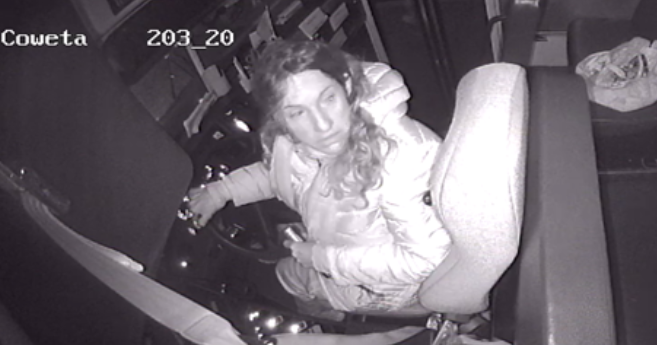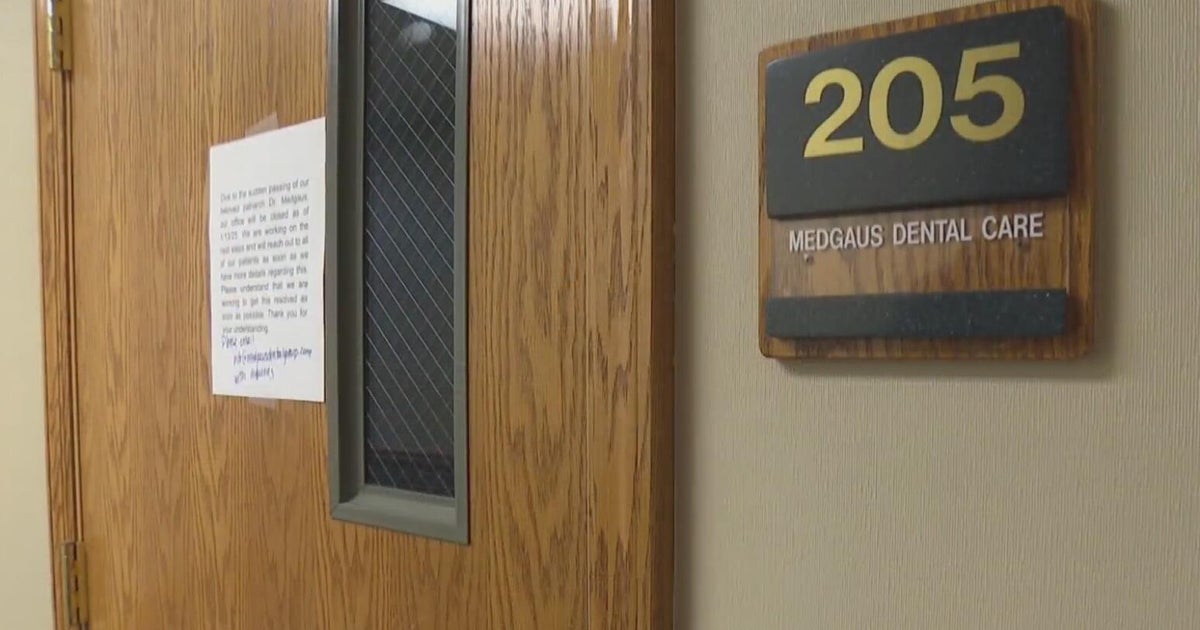Archdiocese Of Chicago Employee Says Fake Unemployment Claim In His Name Could Have Been Prevented
CHICAGO (CBS) -- He has spent seven years trying to clear his name after becoming the victim of identity theft. Now Michael May, an Archdiocese of Chicago employee, is fighting a fake unemployment claim in his name, something he says could have been prevented.
CBS 2's Tara Molina is Working for Chicago investigating these continued fraud issues.
The state did just issue a warning about fraud, but it shows they are not handling it on the front end themselves.
Michael May works for the Archdiocese of Chicago and said he has been forced to jump through hoops at work and with IDES because the state dropped the ball.
"I had my identity stolen in 2014, and ever since then I've been playing identify theft whack a mole," May said between masses outside Chicago's Holy Name Cathedral
This time it is preventable unemployment fraud. He got an unemployment debit card and finding letter in the mail. He was approved for more than $13,000 he never requested.
"They just went ahead and started processing it," he said.
And he said the state did nothing to verify that claim with him or his employer -- the Archdiocese -- until they started asking questions after the items were mailed out.
"Without contacting me first or verifying that it was me or verifying with my employer that I was unemployed," he said. "It shouldn't be that hard to verify that this is really them."
All of this comes just as the state sent out a warning for all Illinois residents about identify theft-related unemployment fraud and phishing schemes on the rise.
Molina asked the state this week, with issues like May's, which CBS 2 has investigated before, why is more not being done on their end to prevent this? The state's spokesperson cannot speak about specific cases with CBS 2 but said in a statement that employers always receive notice when someone files a claim, and if they don't protest that claim, the state moves forward with it:
When a claimant files an unemployment insurance claim, the chargeable employer receives notice. Employers may protest a claim for various reasons, including that the employee was fired rather than being laid off, or that the employee is still currently working (which would make it a fraudulent claim). If an employer does not protest the claim, the Department moves forward with processing the claim and determining eligibility for the claimant with the information available at that point. The Department's relationship with the employer community is critical because it helps identify instances of unemployment fraud and identity theft, but it is imperative employers communicate with the Department and respond to notices of claim as soon as possible so that unemployment insurance benefits are not being paid to claimants who are not eligible to receive them. IDES strongly suggests that all employers in Illinois register for electronic notification of Notices of Claim through the State Information Data Exchange System (SIDES). This greatly increases the speed at which employers and IDES can exchange information and identify fraudulent claims. Information regarding SIDES can be found here.
May has reported the fraud; so has the archdiocese. But he maintains all of this could have and should have been prevented.
"I didn't do anything wrong here, but I'm the home who has to jump through all the hoops," he said.
And while IDES agents worked the phone lines Friday, from 7:30 a.m. to 7 p.m., they announced offices were closed Friday for Juneteenth, even though offices haven't been open to the public for more than a year.
CBS 2 has been asking for months has much fraud has cost taxpayers, but there is still no answer. However, for the first time ever, the Department of Labor is requiring states to put a number on fraud issues.
